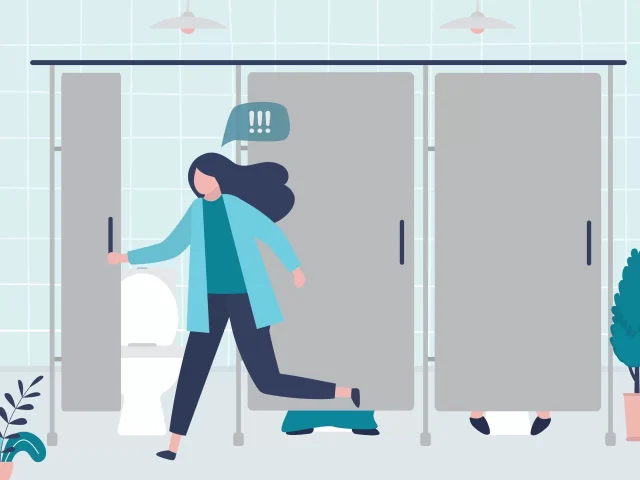These Symptoms May Mean You Have Kidney Disease

About 1 in 7 adults in the U.S. have kidney disease, but many people don’t know they have it. In fact, 9 out of 10 people living with kidney disease aren’t aware of their condition, according to the Centers for Disease Control and Prevention (CDC). This is partly because early stages of kidney disease typically don’t produce noticeable symptoms. But even people with severe kidney disease don’t always know they have it.
What symptoms are associated with kidney disease?
It’s hard to rely on symptoms alone to diagnose kidney disease during its early phases because the body is usually able to handle some kidney dysfunction and you may not have any signs of a problem. But if kidney damage progresses, symptoms may become noticeable and should be brought to the attention of a doctor.
Symptoms of advanced kidney disease may include:
- Urinating too much or too little
- Increased frequency of urination, especially at night
- Blood in urine
- Edema (fluid retention) – primarily in the feet, ankles, lower legs or hands
- Weight loss
- Poor appetite
- Fatigue
- Difficulty sleeping
- Dry, itchy skin
- Muscle cramps
- Shortness of breath
- Headaches
- Nausea/vomiting
- Erectile dysfunction (in men)
How is kidney disease diagnosed?
The best way to diagnose kidney disease is with a simple urine or blood test. Reduced kidney function is often found when testing is done for other reasons and the tests detect a possible problem. But if you are at an increased risk for kidney disease, talk to your doctor about getting tested. People who have high blood pressure or diabetes are more at risk. Your ethnicity, age, family history, past damage to kidneys and obesity may also increase your risk.
These tests can be done as part of a routine check-up at the doctor to check the health of your kidneys. They can help diagnose kidney disease before it becomes severe enough to cause symptoms.
- Urine tests. This test shows if there is protein (albumin) in your urine. If protein leaks into your urine, it is a sign that your kidneys are not working at their best. This is an easy test to have done and can help diagnose the condition before it advances and you have any symptoms.
- Blood tests. These can show how well your kidneys are doing their job of removing waste, toxins and extra fluid from your blood. This is done by measuring the amount of creatinine and/or urea nitrogen (BUN) in your blood. A measure called the glomerular filtration rate (GFR) is also done to assess your creatinine level in relation to your age and sex.
There is no cure for chronic kidney disease, but medication and other treatments may stop it from becoming more advanced, so the sooner it is diagnosed, the better. If the condition becomes severe, dialysis or a kidney transplant may be necessary.
Copyright 2024-2025 © Baldwin Publishing, Inc.. Health eCooks® Heart Healthy Recipes® is a registered trademark of Baldwin Publishing, Inc. Any duplication or distribution of the information contained herein without the express approval of Baldwin Publishing, Inc. is strictly prohibited.